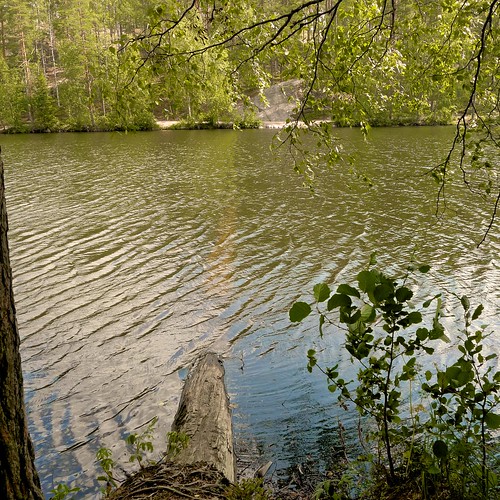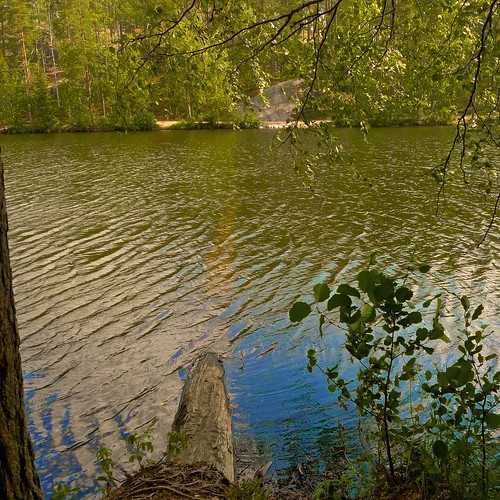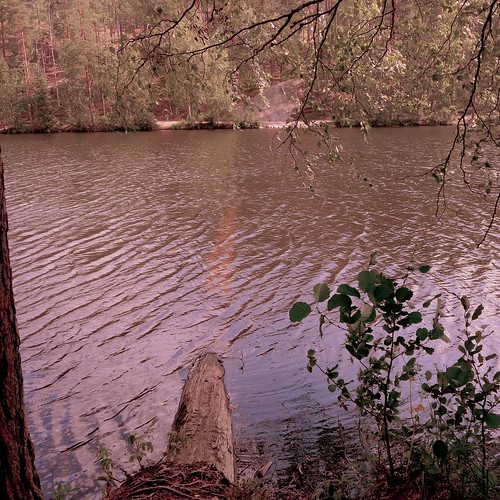I downloaded some Aperture 3 presets from the net and played with them. One can really destroy a photograph this way. (Or, as some would say, "make a photograph ready for publication".)
Here are three "alternate" (as in "alternate worlds") versions of the first photograph in my first posting from today. What do you think?
Along the Shepaug, One
6 hours ago






4 comments:
The first looks most natural to me and I prefer it. In general, I try not to alter my photos too much, especially in terms of saturation, tint, and temperature. Whenever I upload new pictures to Flickr, I do some browsing around and I often see astounding landscape photos - but those that have been noticeably altered, in the back of my mind, I like them less than I would have if they were more natural. To each his own, though.
You will find the best combination trying various alternatives. Sometimes a slight adjustment makes the best effect. Keep in mind the target of your photo. If something looks nice on your screen, it wii be in the most cases completely different on your target.
I think the world so boring and exciting at the same time, it needs to be pictured in various ways. One can truly destroy a photograph by postprocessing it, but the destroyed picture can be a jewel for somebody else. Although I don't think this would be true for all pictures, it still works with sufficient number of photos. Therefore, now I like the third, it's the best one from these three.
@All: Thanks for the insight!
I have gone through my old photographs in Aperture, and there have been periods when I have really pushed up the saturation, to such a degree that it now feels shameful. Also, at one point I was very much into using Lightzone to open up the shadows etc., and those photographs also now seem to have an artificial look.
On the other hand, it is true that the camera doesn't always capture the scene as the photographer sees it, and thus working on the photograph is needed. Aperture seems rather nice that it allows also quite delicate adjustments, such that are almost not there at all and still can make a difference.
But there is still a long way to go with learning Aperture.
Post a Comment